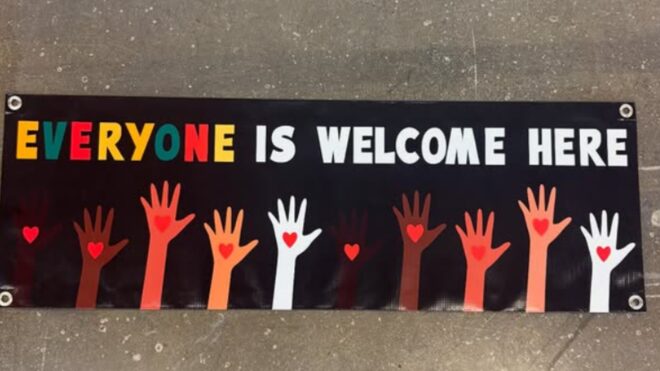While giving birth should be a heartwarming occasion, the sad fact is that some doctors, nurses, and other medical professionals involved in this momentous occasion treat moms so horrifically, it can traumatize them instead. Doula Lindsay Askins and her project partner Cristen Pascucci ( vice president of Improving Birth and founder of Birth Monopoly ) had heard so many awful stories, they decided to document these experiences of obstetric violence in a project called Exposing the Silence.
"Working as a doula and seeing and hearing firsthand how pregnant and birthing women are treated, I had the desire to do something significant with my photography, something bigger than myself, something that could contribute to changing our broken maternity care system," says Askins.
And these women need a safe place to air these stories. "Some of these women attempted to share their experience and feelings postpartum with a family member or friend, and it was met with dismissive comments and/or criticism," Askins adds. "In a country where we spend the most money on our maternity care system yet have some of the worst outcomes among all other developed countries and where upwards of one in three women leave childbirth traumatized, something must change. This is our way of bringing this conversation to light in order to further the change."
So far, 47 moms have shared their stories — a process that helped many of them heal.
"When we first put this out in the social media world, there was an almost immediate response from mothers," Askins continues. "A lot of them had been hurting for years and feeling alone in their feelings. They had no idea other women had been through something similar to what they had experienced. Every single woman who participated in this project was so thankful that she had found a community of other women that understood."
Read their heart-wrenching stories in this slideshow for a glimpse of just how much needs to change before moms receive the dignity and respect they deserve.
Image via Lindsay Askins/Spot of Serendipity
Erika
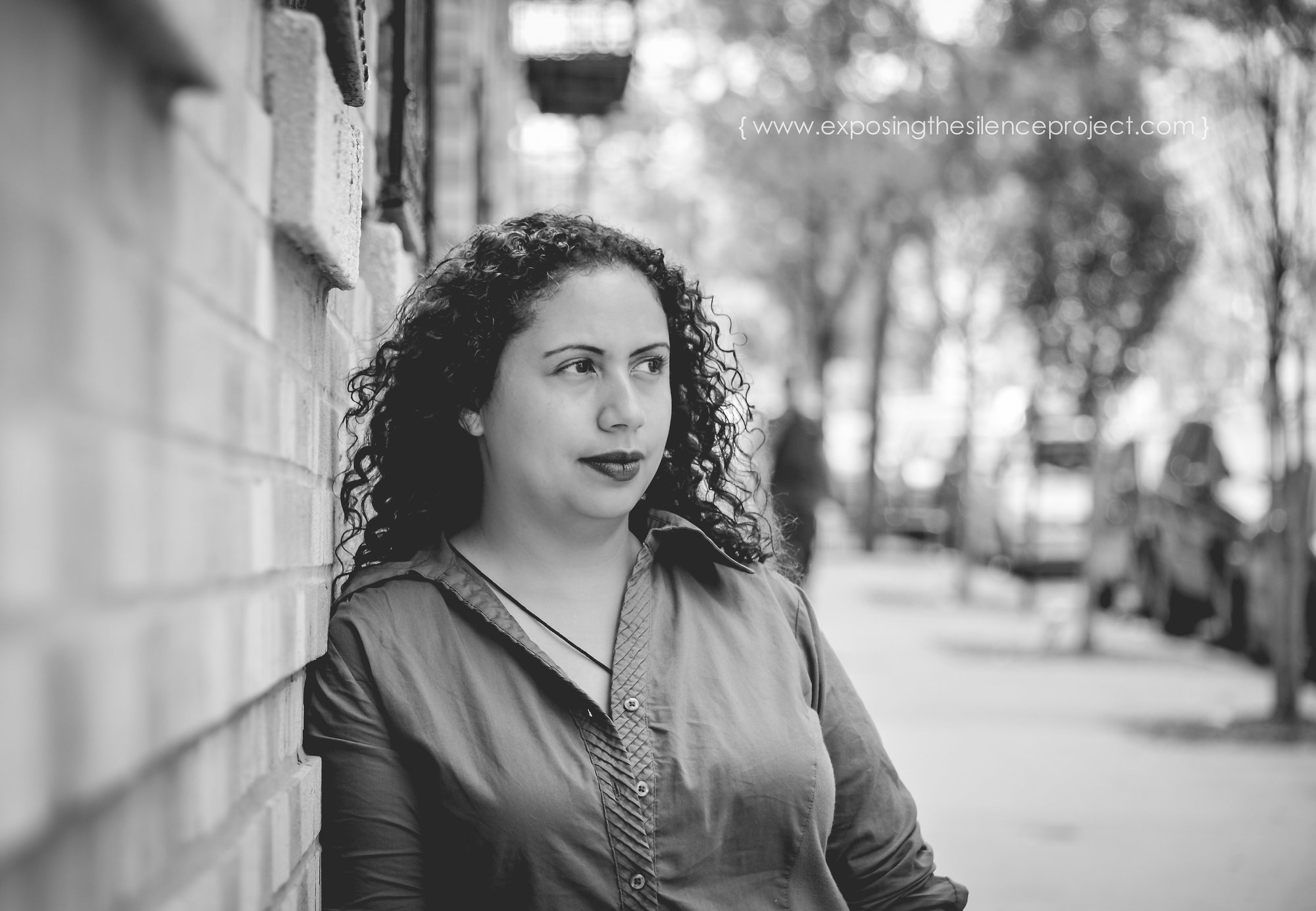
"'Do you understand you are doing this without my consent?' As they are putting needles into my arm, I'm telling them 'You are doing this against my will.' Their response, even as my strong contractions grew faster and I was in active labor, was, 'I can't wait all night and we are doing this now.' Less than an hour later, he was born, taken from me before I could hold him longer than a minute or two and not returned until almost three hours later even though he had no complications. I cried every minute and couldn't stop thinking 'this isn't supposed to be like this.'" — Erika, New York, New York
Elizabeth
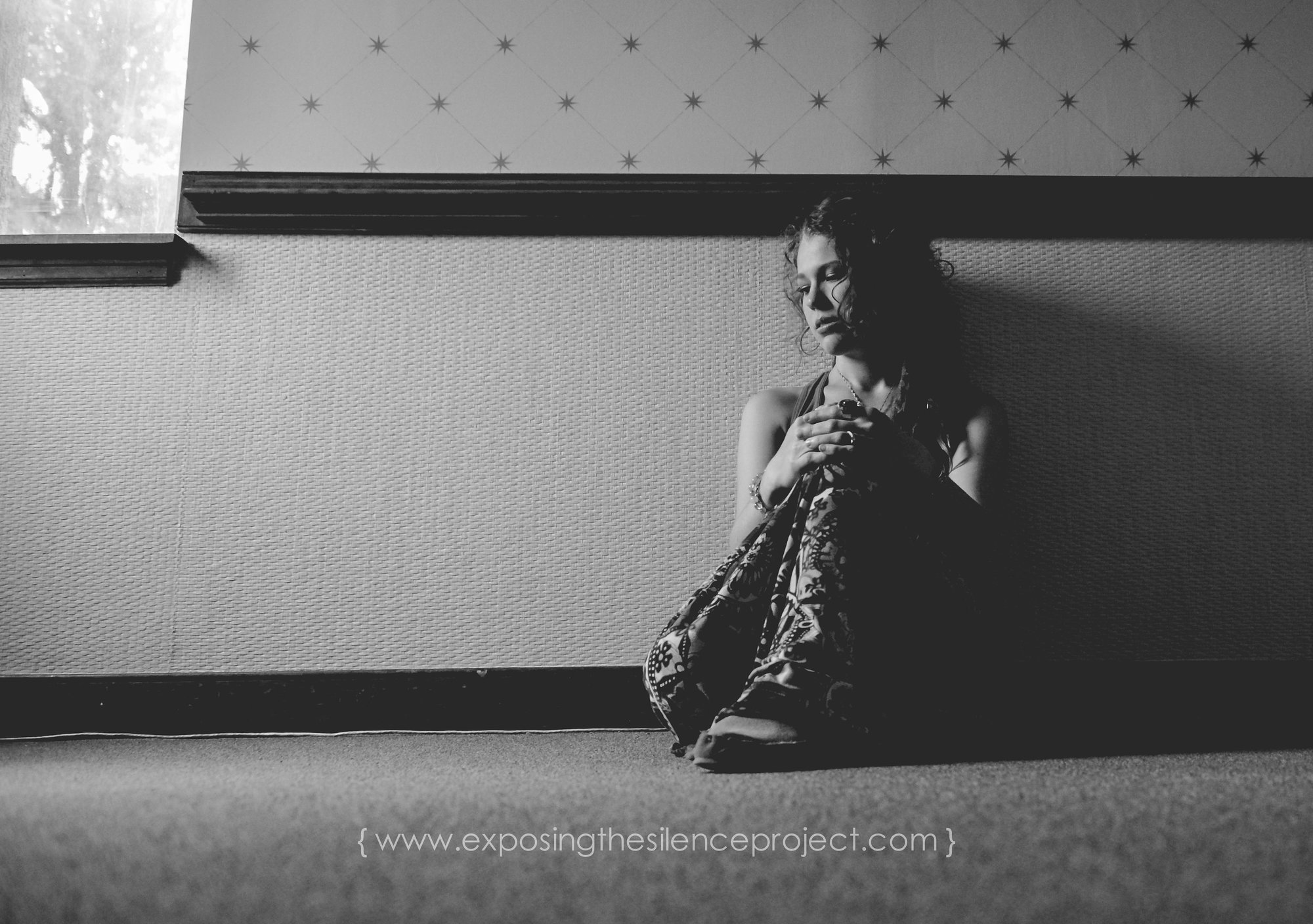
"The attitude of the doctor that fixed me up was that of a judge giving me my life sentence as I woke up from anesthesia. This was followed by days of being treated like a child, a specimen, and finding that my 'no' didn't mean a thing in the hospital, and that my needs were an inconvenience. In one of two traumatic postpartum ER visits, I was even mocked after waking up from anesthesia. I didn't understand what had happened to me for four weeks, until a specialist I was seeing for my healing described things in detail. I felt a strange comfort in finally understanding the mash-up of poorly stitched flesh that was my womanhood, as well as horror in the same breath at hearing the words 'You almost died' … I'm still getting over it." — Elizabeth, Richmond, Virginia
Timoria

"A year after my postpartum hemorrhage, I had a miscarriage in public at a frozen yogurt shop. The humiliation didn't end there. At the ER, while waiting for my regular doctor to arrive, the attending ER physician walks in. I'm covered in blood from my waist to my feet. He grabs a stick and says to me, 'Spread your legs.' The look of disgust on his face … I don’t think I've ever seen a look like that on a human being's face, like I was the most disgusting thing he had ever seen in his life and he didn't want to touch me. It was so degrading." — Timoria, New Jersey
Bri
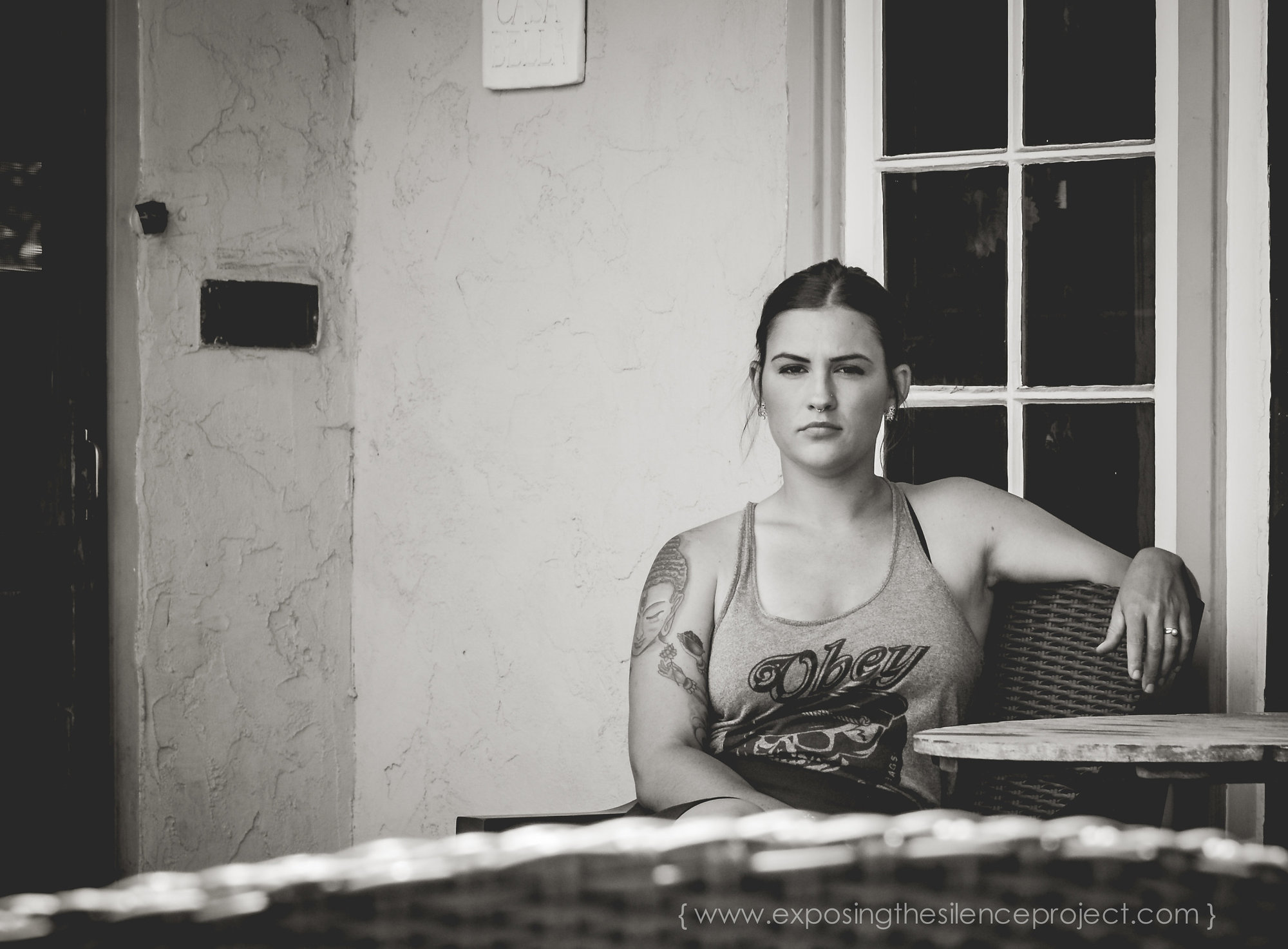
"I didn’t know what birth was about. I didn't know I would regret having people there I didn't trust. I didn't know that I was allowed, as a woman, to be in control of myself. I needed my midwife to encourage me. Instead, I sat in triage with the woman I loathe most, being treated like a pansy by the nursing staff because I was only 2 cm even though I'd been in active labor for 10 hours. I thought I was dying. I felt alone in that hospital. I felt weak. I felt like a failure. I still do. Even as I write this, almost two years later, I feel that I failed my daughter. I wanted to have her at home, where she could see me first and feel safe. The hospital felt safer but I was wrong." — Bri, San Diego, California
More from The Stir: 10 Labor & Delivery Problems No One Warns You About
Leah
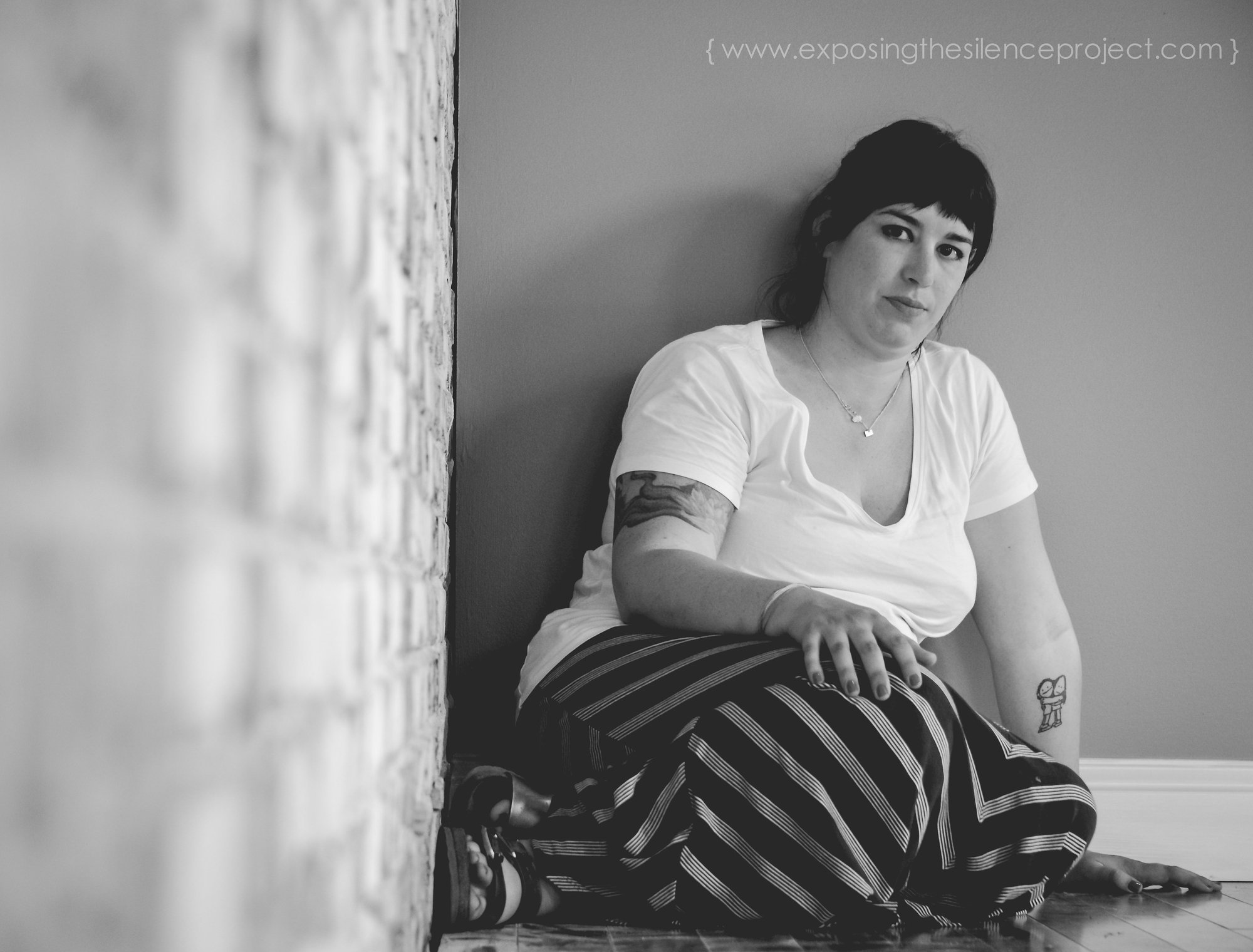
"We can't talk about it, because it's women who write other women off. It's the female friends and the sisters-in-law that say, 'it doesn't matter.' And then the more you talk about it, you realize it DOES matter to them. They've never had a place to talk about it or tell their stories. You can see the pain and the terror in their eyes when they do talk about it, even years later. You can see it on their faces. You're supposed to enjoy every moment of it — you're not supposed to be traumatized by it. And don't ask for help … because 'good' mothers don’t need help! So plaster a smile on your face…" — Leah, Baltimore, Maryland
Heather
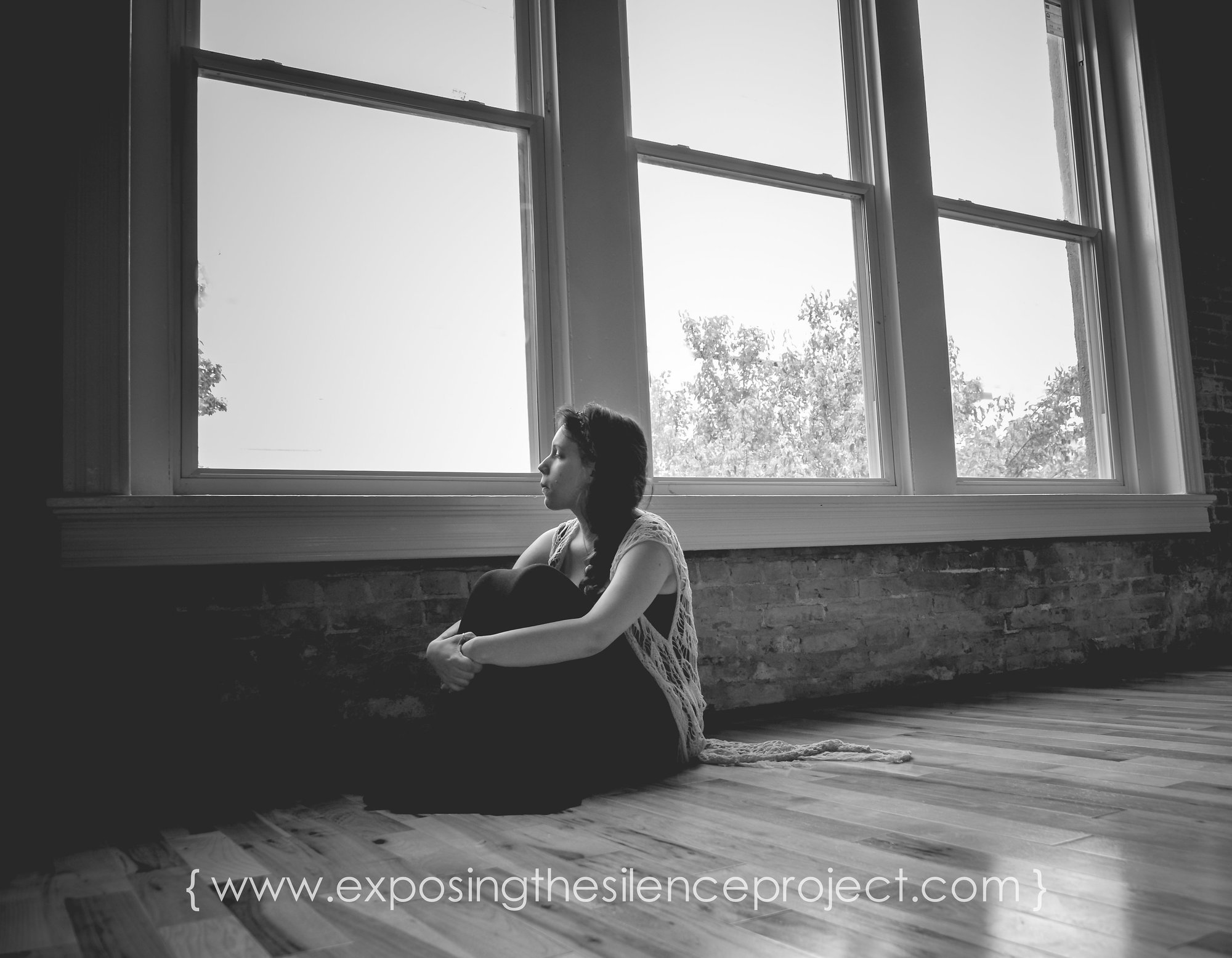
"What I struggle with the most isn't that he was born surgically. What bothers me the most is that I wasn't his first friend; I didn't get to hold him. I still can't take it — knowing that as he was lying there crying for me, I was down the hall crying for him. I felt like the whole world was keeping us apart." — Heather, Baltimore, Maryland
Mandy
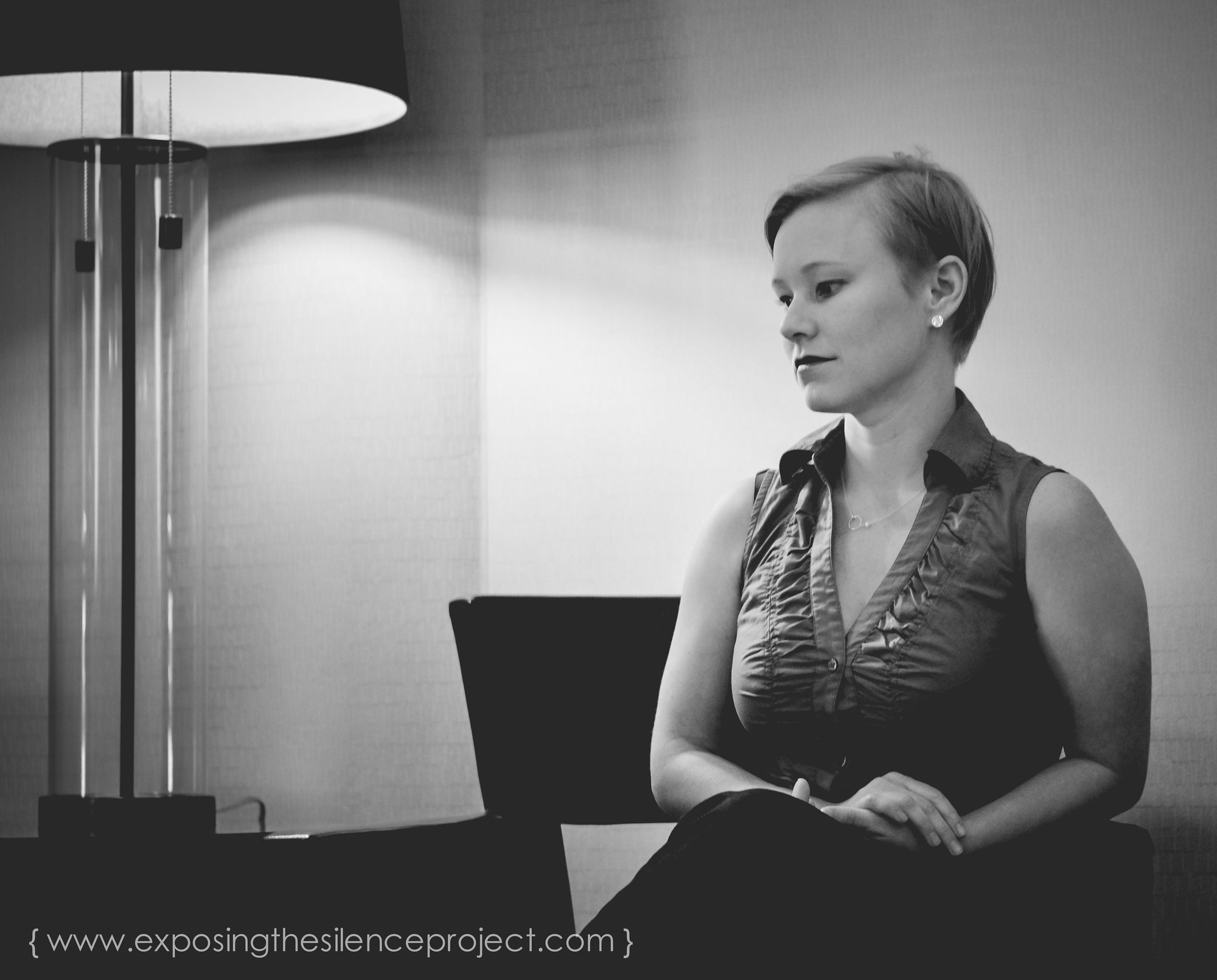
"Basic listening skills and believing that I — a woman — knew my medical history and my body would have saved me the trauma of an already extremely frightening surgical birth. Instead, a disrespectful and incompetent anesthesiologist sentenced me to a motherhood riddled with flashbacks and anxiety." — Mandy, Pittsburgh, PA
More from The Stir: Mom Shares Graphic Video of Doctor Forcing Her to Have an Episiotomy (VIDEO)
Kathryn
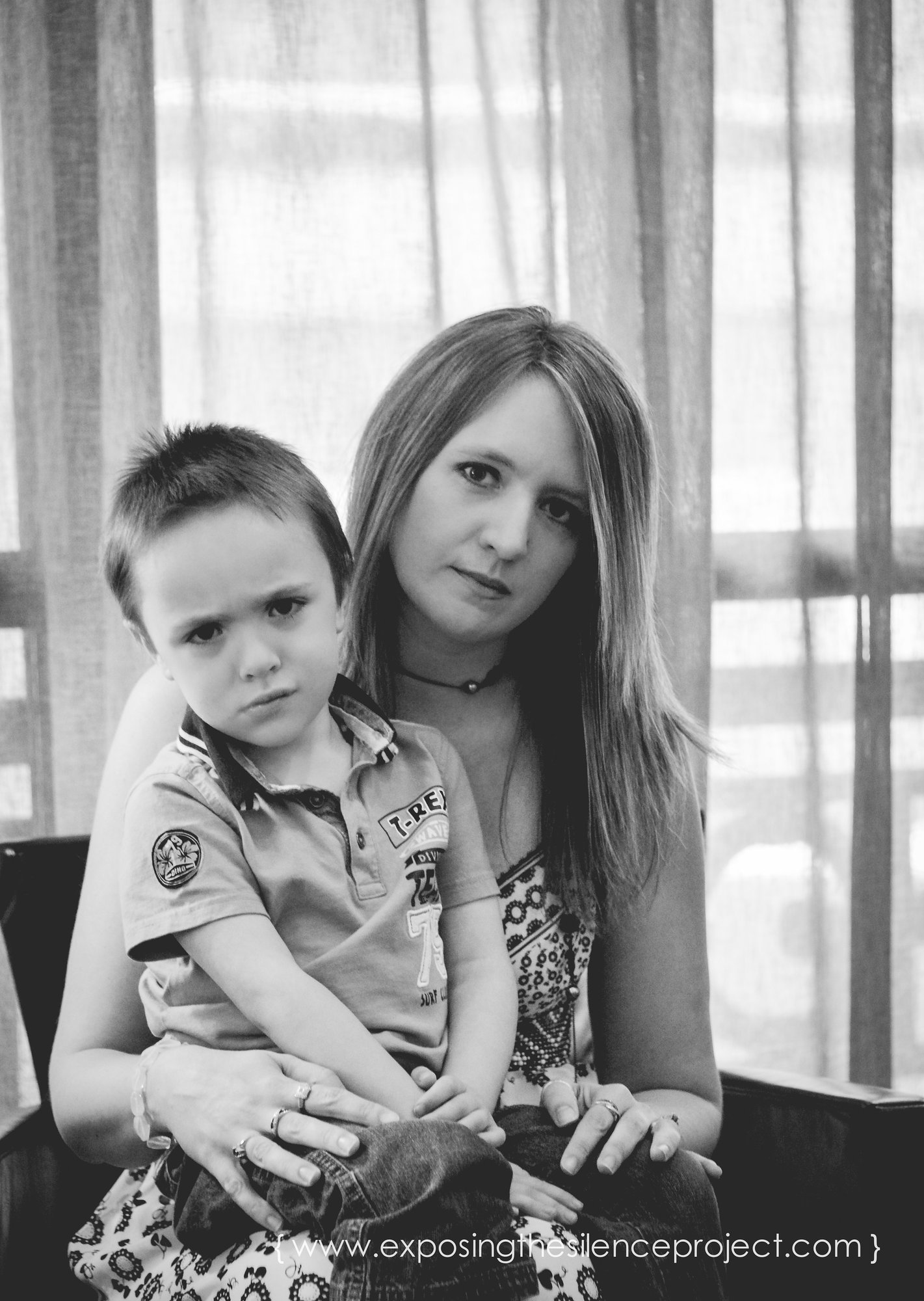
"I may not understand why my son's bladder, heart, kidneys and lungs were destined to fail, or how the doctors failed to even attempt to prevent my emergency C-section at 27 weeks when I, an already high-risk patient, called the office the day before my twins were born with clear signs of pre-term labor. But I do know that I had already held my dead son in my arms when all I could see looking at his 2 lb. 10 oz. twin brother in the NICU incubator was LIFE. God had allowed Asher Gabriel to live long enough to save his twin brother's life, making him a true angel." — Kathryn, Pittsburgh, Pennsylvania
Meghan
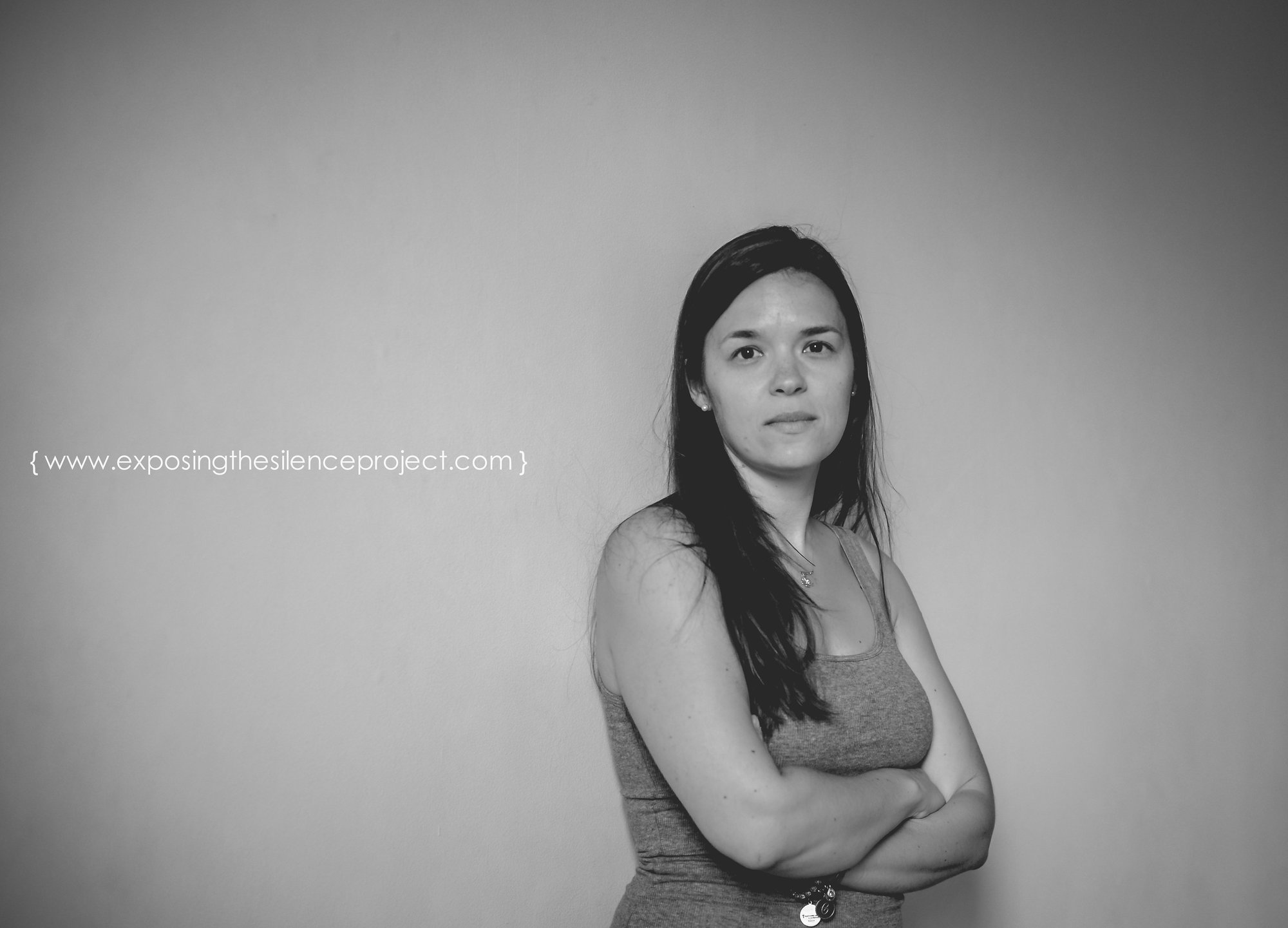
"When you're in such a vulnerable state and you have no control and no power, it can leave you just fine or it can leave you at the other end of the spectrum. I wish they could understand how every single word and action — or inaction — makes a difference. It's someone's body, baby, life, and it all needs to matter. You've left a scar on my family forever." — Meghan, New Jersey
More from The Stir: I Couldn't Love My Baby … Not at First


